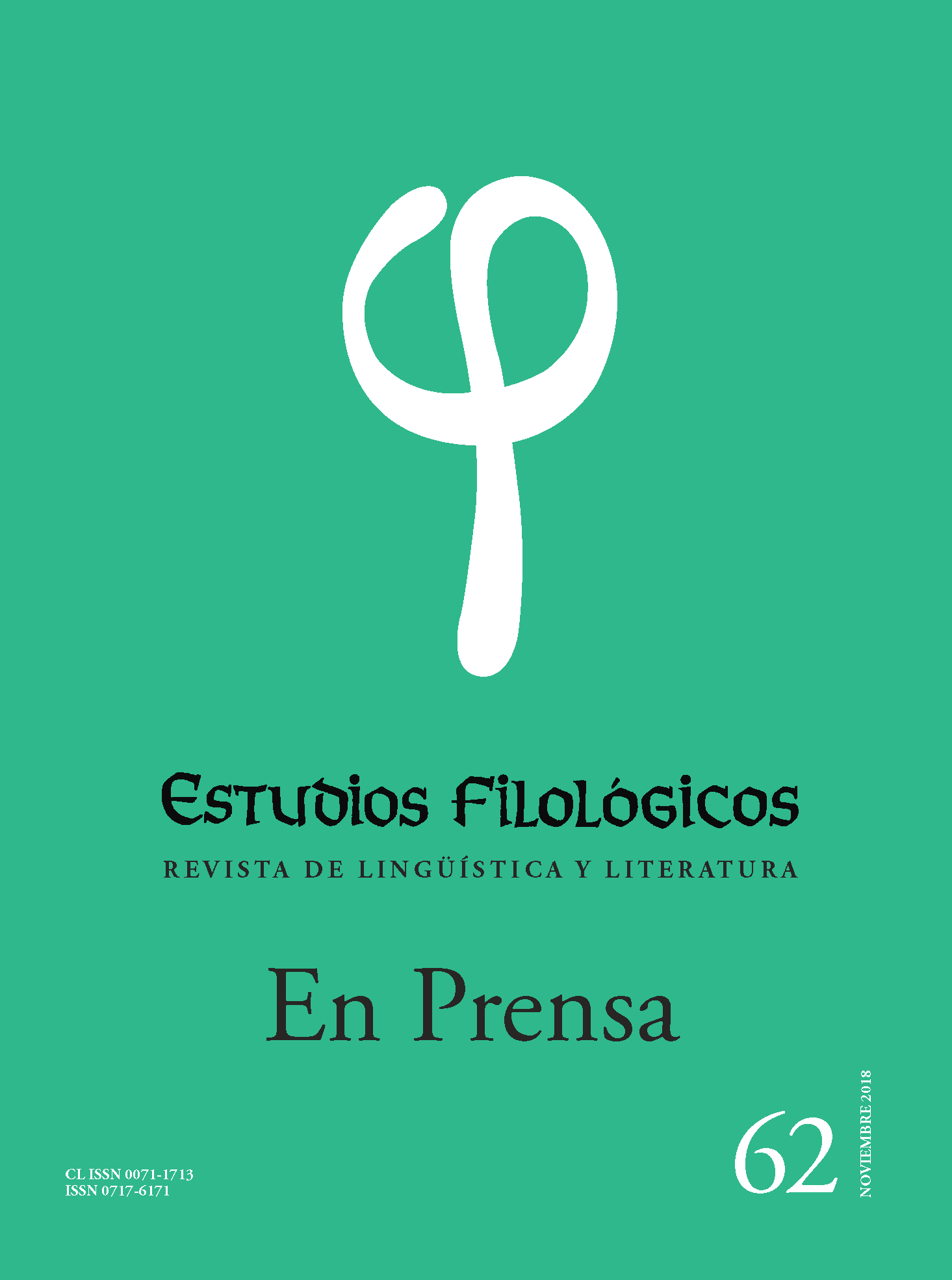Territorial imaginations, body and gender. Two scenes from contemporary Argentinian literature
Main Article Content
Abstract
Since the turn of the millennium and in the framework of the so-called "space turn" in the Human and Social Sciences, there is evidence in various disciplines and artistic expressions of a sustained interest in reconsidering the space in socio-political, cultural and economic contexts of globalization, where correspondences with the national order are increasingly blurred, while the market, the omnipresent institution, would displace the states of his old functions. Within this vast panorama, this paper intends to limit that dense contemporary reflection to the ways in which certain areas of current Argentine literature establish new connections between the configuration of rural spaces of the present and the processes of representation and validation of bodies. In particular, we will analyze in some stories of Pájaros en la boca of the current Argentinean writer Samanta Schweblin, the configurations and differential uses of bodies in different forms assumed by the rural space, which appears vague, dedifferentiated, imagined, extrapolated, even anomalous to the national territory, where, in addition, they are applied to the political bodies of life and death.

